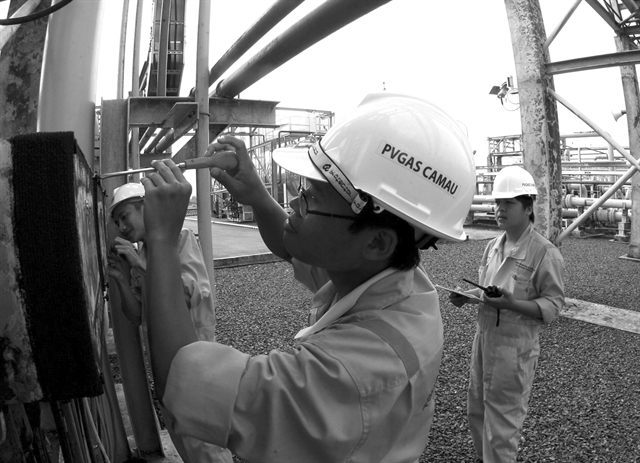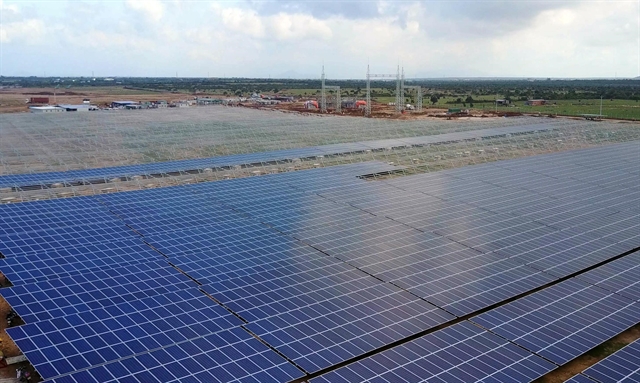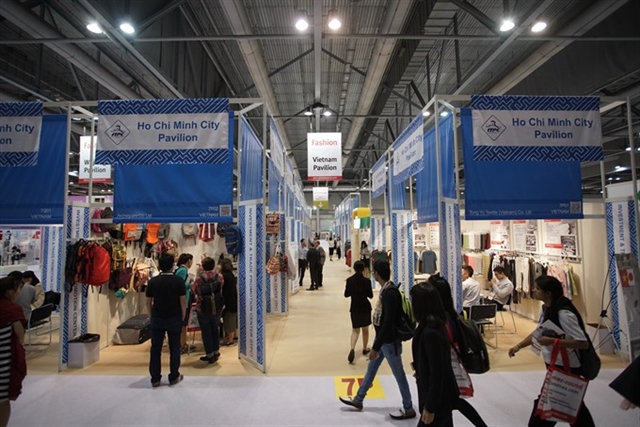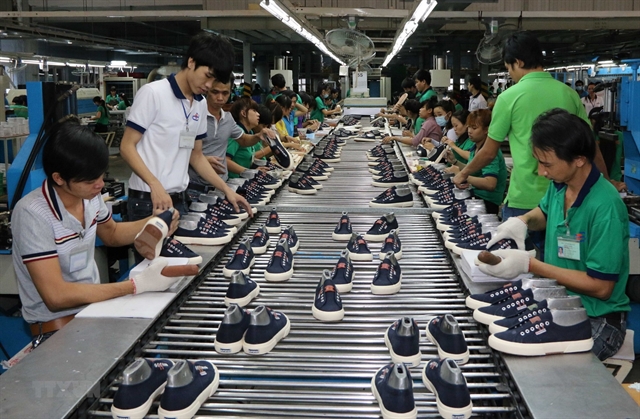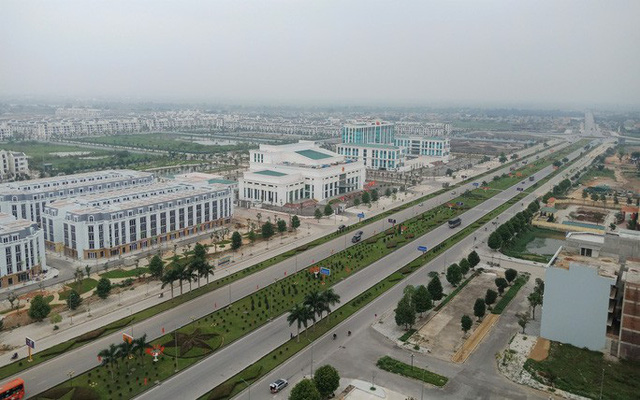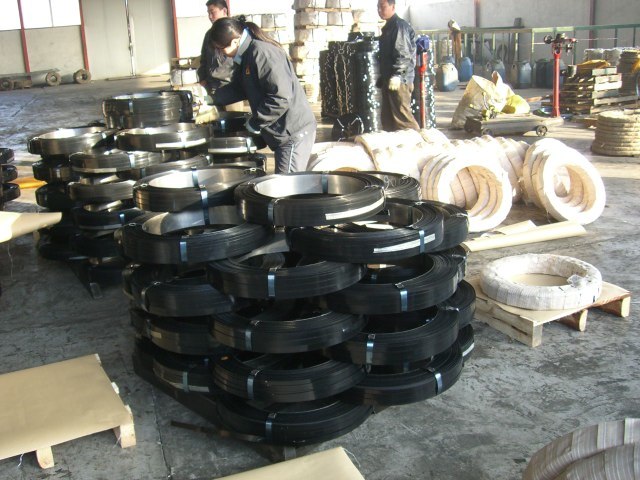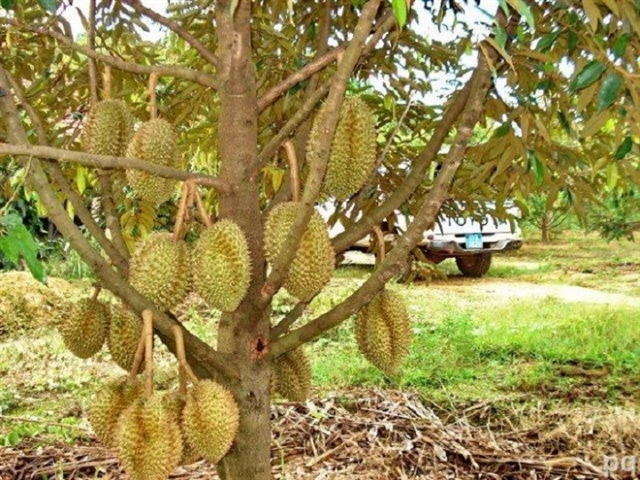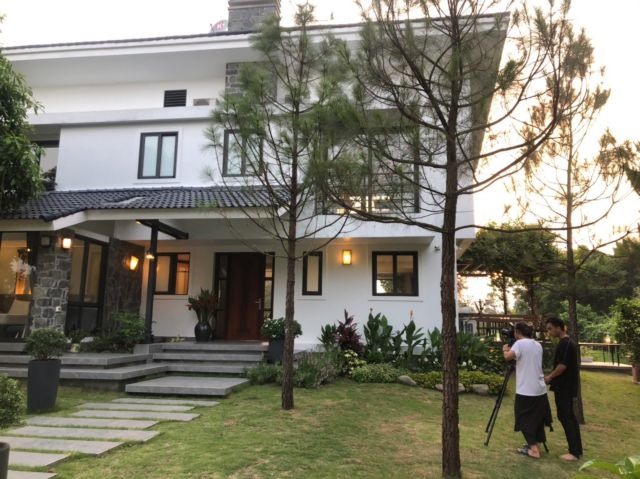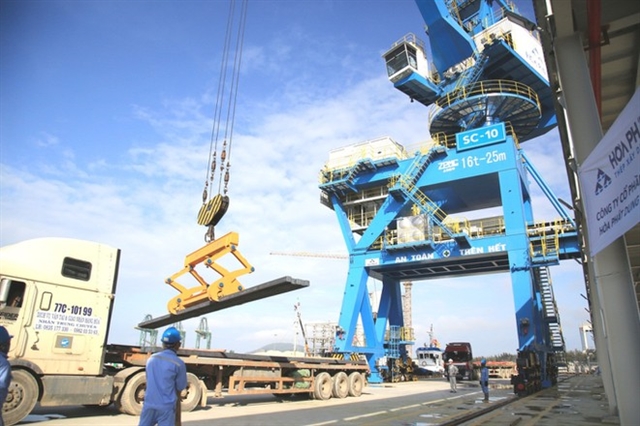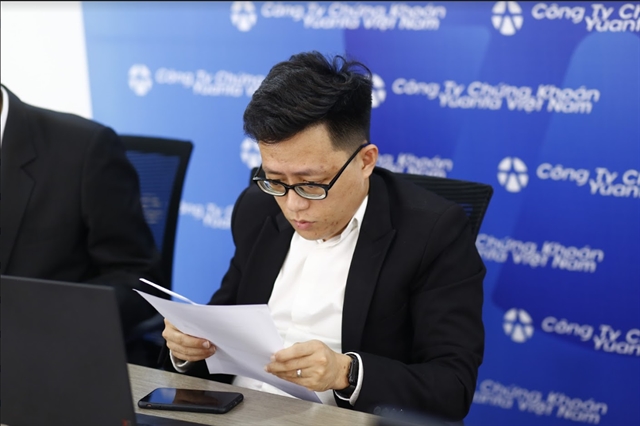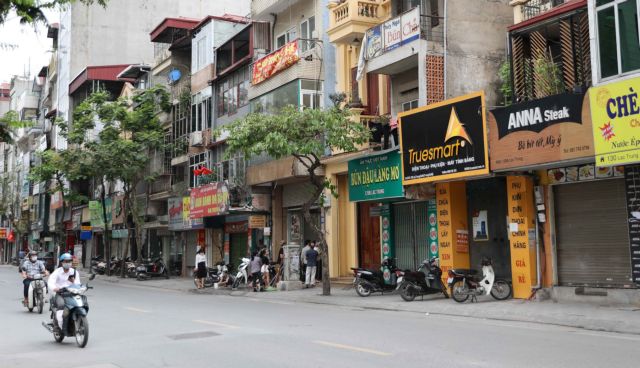
HÀ NỘI — The new proposal on tax cuts for local firms should focus on changes of earnings, not personnel, so it benefits the worst-hit companies during COVID-19, National Assembly (NA) deputies said on Thursday.
The prolonged global COVID-19 pandemic has had a severe impact on the Vietnamese business community, especially small companies, finance minister Đinh Tiến Dũng told the NA meeting.
Small companies are in need of financial support and tax cuts to keep operating and recover from the difficulties brought by the disease, he said.
A draft tax-cut resolution has been prepared and is pending deputies’ approval to assist local enterprises in 2020, the minister said.
Under the draft resolution, the corporate income tax rate will be cut by 30 per cent for firms which have total revenue of up to VNĐ50 billion (US$2.61 million) in 2020 and a maximum of 100 contracted workers.
If the draft resolution is passed, State budget revenue in 2020 will drop by VNĐ15.84 trillion. If medium companies are subject to the policy, the figure is estimated at VNĐ22.44 trillion.
The Financial and Budget Committee totally agrees with the proposal as the action would help local companies a lot in their post-pandemic recovery, chairman Nguyễn Đức Hải said.
The companies meeting requirements of revenue and personnel are often the ones that have been suffering, he said, adding their capital accessibility, corporate management quality and technological background are still low.
But the criteria are not clear, according to deputies. Companies have suffered differently, so the conditions regarding earnings, number of contracted workers, and reported damage must be clearer.
Some companies have made big gains since the outbreak started, but it does not mean they are profitable because merchandise has been discounted to boost domestic consumption. Therefore, the on-year change of revenue should also be considered an item in defining who would benefit from the tax-cut policy.
Deputy Trần Hoàng Ngân of HCM City said the number of workers differs from one company to another so it would be more appropriate if firms are judged based on their earnings.
If a firm has maximum of VNĐ50 billion worth of revenue but its total number of workers is 200, the situation for the firm would be much harder, he said.
More than 50,000 workers have been laid off in the province because of COVID-19 but none of them have received financial aid, deputy Trương Thị Bích Hạnh of Bình Dương Province said.
The procedures are complicated because the workers must prove their companies have no revenues or financial income, which is hard to prove because the firms are still operational, not bankrupt, she said.
Even if the firms want to declare their financial status to the tax agencies, it is still difficult for them, she added.
Other deputies said large-cap firms should be a part of the beneficiaries as they employ hundreds of thousands of workers and pay a big proportion to the State budget each year. If they are not subject to the resolution, it would be unfair.
Deputy Trần Thị Diệu Thúy of HCM City said most of the city-based companies have had no new orders in the past few months. Their operations depend on the contracts that were signed before the crisis.
“Those that have not cut payrolls are trying really hard to keep their business going,” she said, adding the Government should pay more attention to those big firms.
Though many policies have been developed to support local companies during COVID-19, the policy implementation has been stagnant and difficult for beneficiaries, deputy Ngân of HCM City said.
The Government should also focus on the way its policies are executed so that businesses really benefit from them, he said.
State-funded projects
The Government will need an additional VNĐ62 trillion to fund the three sub-projects of the North-South Highway in 2021-25 after the mega project is turned into State-funded from a public-private partnership (PPP) model, deputy Hoàng Quang Hàm of Phú Thọ Province said.
The three sub-sections of the highway megaproject are Vĩnh Hảo-Phan Thiết, Mai Sơn-National Route 45 and Phan Thiết-Dầu Giây. A report by the transport ministry points out switching to public investment would require an investment of VNĐ100.8 trillion with VNĐ55 trillion already secured for the 2016-20 period. The report says the Government will need an additional VNĐ23 trillion to complete the sub-projects in the next five years.
The amount of VNĐ23 trillion should be the medium-term investment and the report has mistaken that with annual disbursement of the State budget, deputy Hàm said, adding annual disbursement depends on the budget balance and the actual progress of the project.
The report says VNĐ55 trillion was committed for the project in 2016-20. But in fact, the project has remained stagnant and only VNĐ16 trillion was disbursed, he said.
The project needs an additional VNĐ38 trillion to fulfil the committed capital for the 2016-20 period, plus VNĐ23 trillion for the next five years, Hàm said.
If the Government strives to disburse VNĐ7 trillion in 2020 as explained in the report, about VNĐ55 trillion would have to be mobilised in the next five years. That should not be extracted from the State contingency budget, the deputy said.
Đỗ Văn Sinh, permanent member of the NA’s Economic Committee, said the transformation of the two sub-projects Mai Sơn-Highway 45 and Phan Thiết-Dầu Giây from PPP model to public investment is not convincing enough.
The volume of vehicles and goods travelling on the two routes is huge, thus making them highly valuable, and the two sub-projects should operate under the PPP model, he said.
The two sub-projects are nation-scale projects as each of them needs more than VNĐ10 trillion worth of State budget funding, so the implementation of the projects must comply with the Law on Public Investment, he said.
The complication of the procedures would make the projects lag behind the committed plans, he added.
The Government should consider replacing the two projects with two other ones – Highway 45-Nghi Sơn and Nghi Sơn-Diễn Châu, Sinh said, adding the two recommended projects have lower volume of transported goods and vehicles, thus making them less commercially valuable.
In addition, the two recommended projects need total VNĐ12.7 trillion worth of public investment, much lower than the Government’s proposal, making them consume less time to be implemented, he said. — VNS

.JPG)

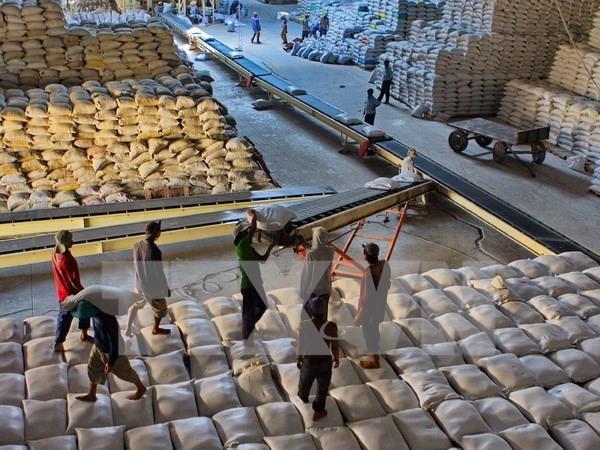
.jpg)
